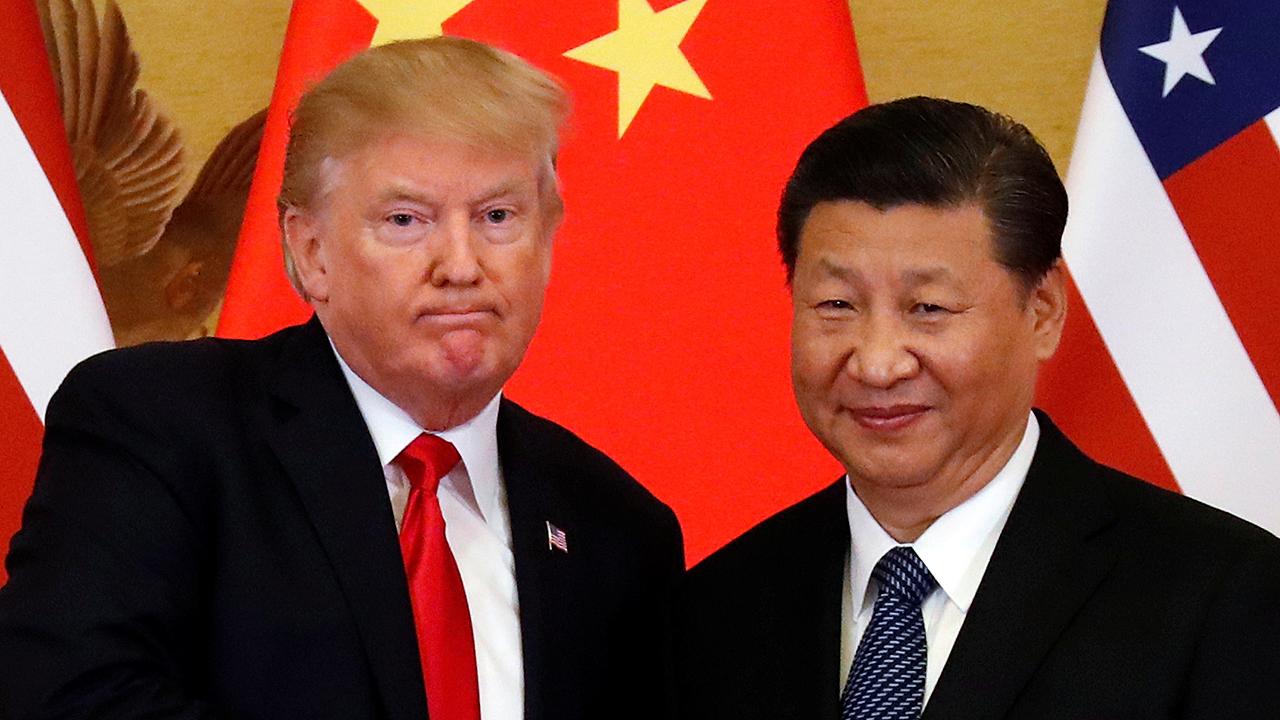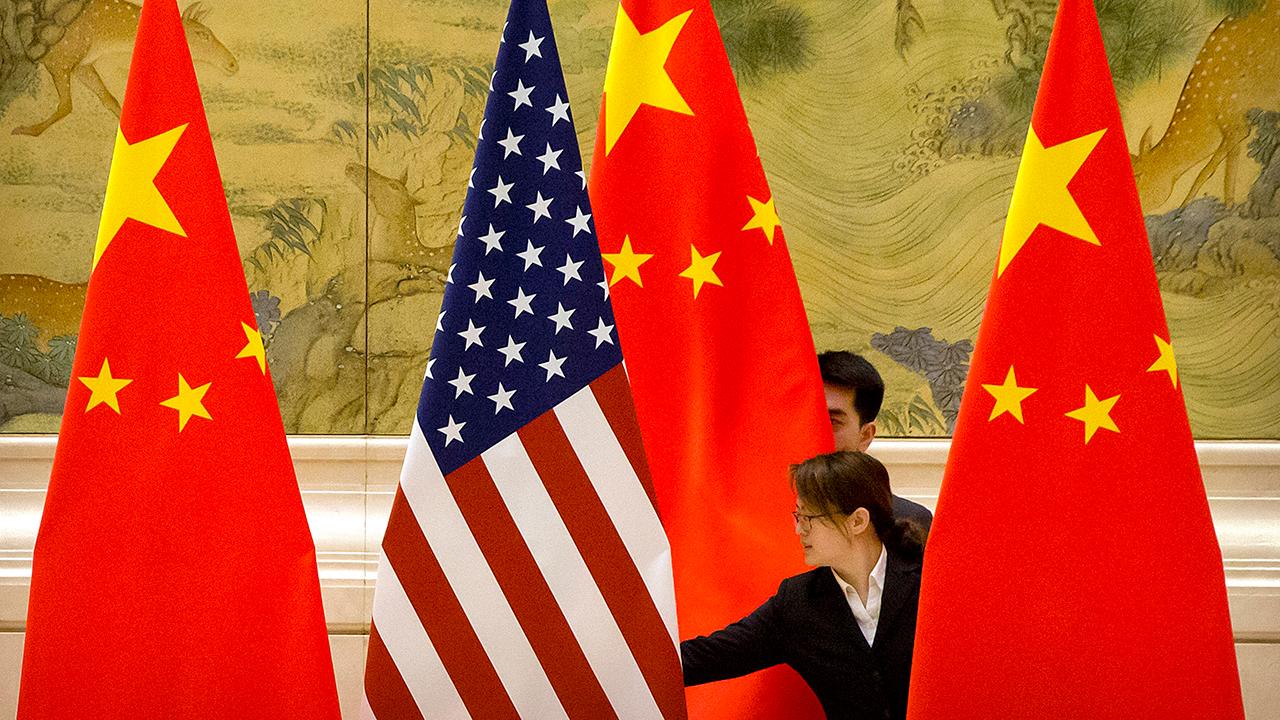Trump, Xi reach plan to resume trade talks, tariffs on hold for now
President Trump and Chinese President Xi Jinping agreed to restart trade talks after meeting at the G20 summit in Osaka, Japan, on Friday night, easing tensions that have spurred concerns about a global growth slowdown.
“We discussed a lot of things, and we’re right back on track,” Trump said about the meeting. “We had a very, very good meeting with China.”
The two leaders have agreed to a new cease-fire in the more than year long trade war. Part of the resolution includes the U.S. holding off on threatened additional tariffs on Chinese goods, according to Chinese state-run news agency Xinhua.
Trump has threatened to impose tariffs on an additional $300 billion in Chinese imports — on top of the $250 billion in goods he's already taxed — extending his import taxes to virtually everything China ships to the United States. China retaliated by increasing tariffs on $60 billion worth of American products.
Trump said in exchange for the tariff hold, China has agreed to purchase a “tremendous amount” of American agricultural products.
“We will give them a list of things we want them to buy,” Trump said, according to The New York Times.
The president announced in May the administration will provide $16 billion in aid to help American farms hurt by the trade war between the U.S. and China.
Trump also declared Saturday that U.S. suppliers will be allowed to sell components to Huawei.
“U.S. companies can sell their equipment to Huawei,” Trump said at a news conference. “We’re talking about equipment where there’s no great national security problem with it.”
CLICK HERE TO GET THE FOX BUSINESS APP
Relations between the U.S. and China soured at the beginning of May when a near-deal crumbled after Washington officials accused China of reneging on some of its promises. Negotiations have not continued, and Trump and Xi have not met face-to-face since December.
The U.S. already imposes a tariff on $250 billion worth of Chinese goods; however, Trump said he would consider lowering the tax rate to 10 percent from the proposed 25 percent during “phase two.”
Last month Chinese tech giant Huawei was placed on a blacklist that effectively bars U.S. companies from supplying it with computer chips, software and other components without government approval. Several firms, including Facebook, Google and Panasonic, have since cut business ties with Huawei. The Trump administration has previously said Huawei is a national security issue, not a trade problem.
The Associated Press contributed to this report.





















